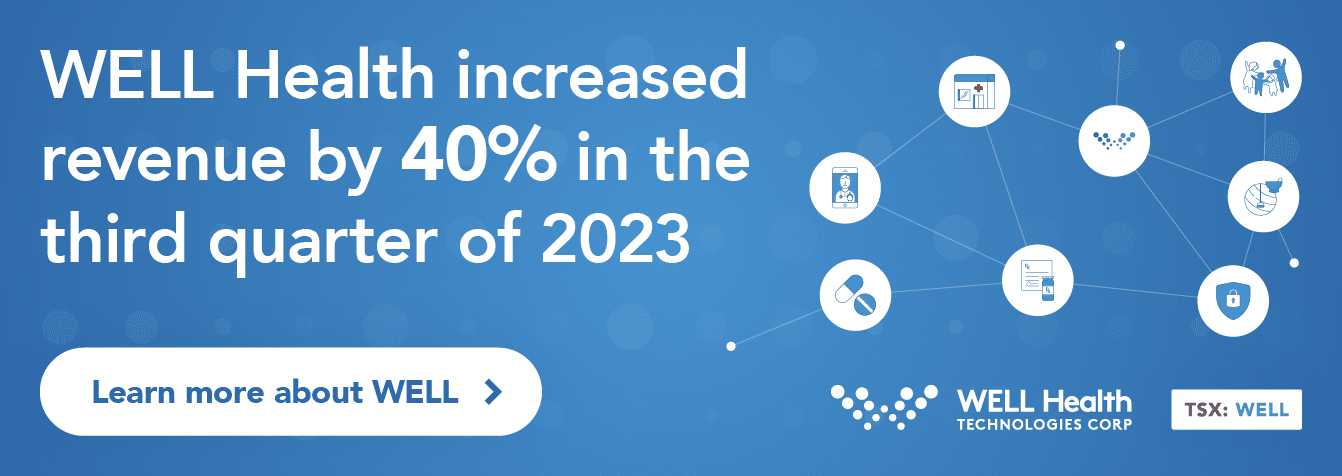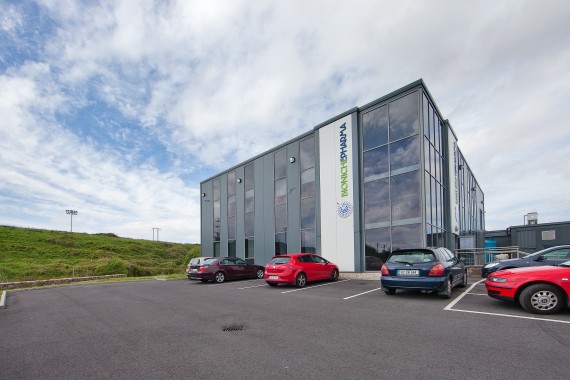Bioniche CEO McRae: “Essentially, Econiche is a public health vaccine that is administered to cattle.”Last Thursday, Alberta beef processor XL Foods issued a statement acknowledging that, in the wake of a massive recall of beef products after an outbreak of a strain of E. coli virus, its food safety practices were lacking. The statement, which came more than three weeks after the incident occurred, has many calling for the resignation of agriculture minister Gerry Ritz.
The incident at XL, which processed a full 40% of the beef consumed in Canada, comes on the heels of 2003’s “mad cow” scare that did serious damage to the Canadian beef industry, sparking a trade embargo that lasted nearly two years. The incident has Canadian beef playing serious defense, especially considering it was likely the US Department of Agriculture, not our own, that discovered the problem.
But what can be done to restore Canadian beef’s once sterling reputation? As it turns out, the Canadian government has been ignoring an effective solution developed by a UBC biochemist and registered with the Canadian Food Inspection Agency in 2008. Bioniche’s (TSX:BNC) Econiche, a vaccine that is administered to cattle at the cost of $3 per dose, can seriously reduce incidences of E.coli 0157. So why is the government not mandating its use? Cantech Letter talked to Bioniche CEO Graeme McRae.
Graeme, Dr. Brett Finlay, the biochemist from UBC’s Michael Smith Laboratories talked to the CBC this week about how he developed Econiche, an ecoli vaccine that would be administered not to people, but to cattle. Why has this vaccine not yet been implemented?
There are a few producers (both beef and dairy) that have faithfully been using the vaccine since it was fully registered by the Canadian Food Inspection Agency in October, 2008. These producers do so because they believe it the right thing to do. With E. coli O157, cattle producers see no symptoms of disease, nor any negative impact on productivity. Cattle are asymptomatic carriers. They show no signs of being a carrier, and likewise producers cannot “see” that it’s working. Reduced shedding of a microscopic organism (E. coli O157) is not visible to the naked eye. As the majority of cattlemen are commodity-oriented, with resistance to additional input costs, the product overall has less than 5% market penetration. The cost per dose is $3. Feedlot cattle would receive two doses and other cattle would receive two doses in the first year with an annual booster thereafter.
How much can Econiche reduce the incidence of E. coli 0157 outbreaks, such as the one happening now with the XL plant in Alberta?
Econiche significantly reduces the amount of E. coli O157 shed by cattle. We know that, under winter conditions, the in-plant controls cope adequately with the E. coli levels coming into the plant on/in the cattle. In research done by the University of Nebraska (Lincoln), researchers modelled how, with use of Econiche, the levels of E. coli coming into processing plants during the hot summer months would be reduced to lower than winter (manageable) levels. It should be noted that E. coli O157 is more than a meat problem. Half of all human illnesses from this pathogen come from non-meat sources, including water, fruit and vegetables, and contact with carrier animals (e.g., at a petting zoo). Cattle remain the primary reservoir for the bacterium.
_____________
GUESS WHO?

This Vancouver-based company has developed patented technology that has caught the eye of food giants such as Kellogg, Hormel and Sun Maid. This Cantech sponsor is now entering full commercialization. Click here to find out who this is….
______________
The Canadian beef industry now seems to be in full fledged crisis. Do you think this will finally be the impetus necessary to get widespread adoption of Econiche?
This current crisis helps to confirm there is an unmet need for pre-harvest/on-farm interventions such as our vaccine. We are in regular conversations with government about potential funding for a national program as E. coli O157 is a public health issue that is addressed by way of cattle. These latest events help to reinforce our message about the need for such a program. Essentially, Econiche is a public health vaccine that is administered to cattle.
What would it cost to implement Econiche completely across Canada? What about the rest of the world? Are there economies of scale in producing more of it?
The cost on an ongoing basis to vaccinate all the cattle in Canada would be $50M annually. If Canada sets the standard with a national vaccination program, we would expect other countries to follow. We developed the vaccine as a global product. The greater the volume of vaccine produced, the lower the cost per dose to manufacture.
You have been known in the past to vets than doctors. How is Bioniche’s human health division doing?
The Human Health Division is working with Endo Health Solutions Inc. via our licensing, development and supply agreement with Endo signed in July, 2009. Endo is responsible for the Phase III clinical program with Urocidin for non-muscle-invasive bladder cancer that is refractory to BCG. A second Phase III trial is underway that Endo expects to result in a U.S. regulatory submission in Q3, 2014, followed by a U.S. launch in the second half of 2015.
______________________
Leave a Reply
You must be logged in to post a comment.







 Share
Share Tweet
Tweet Share
Share




Comment